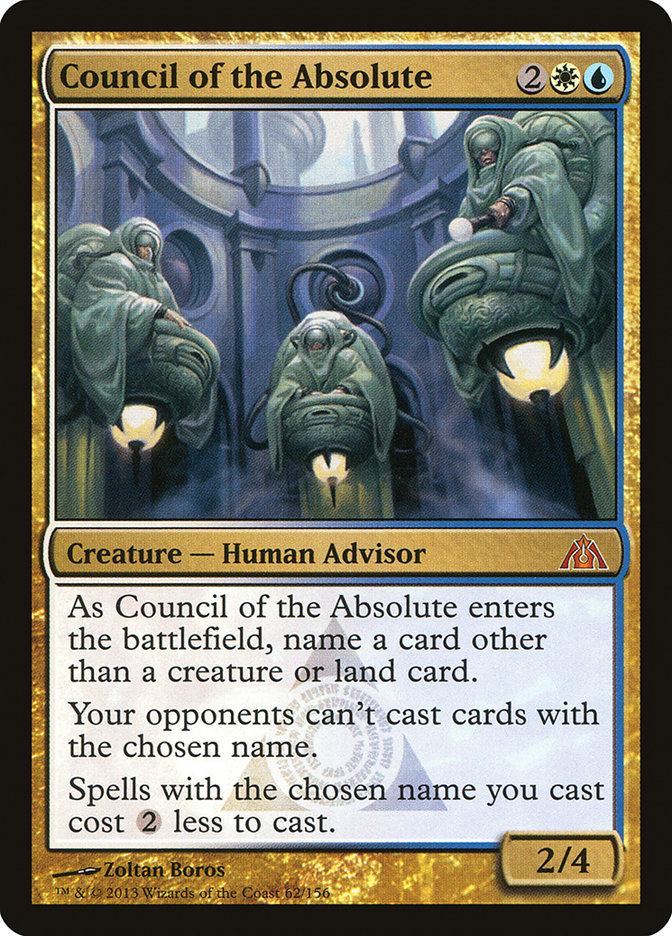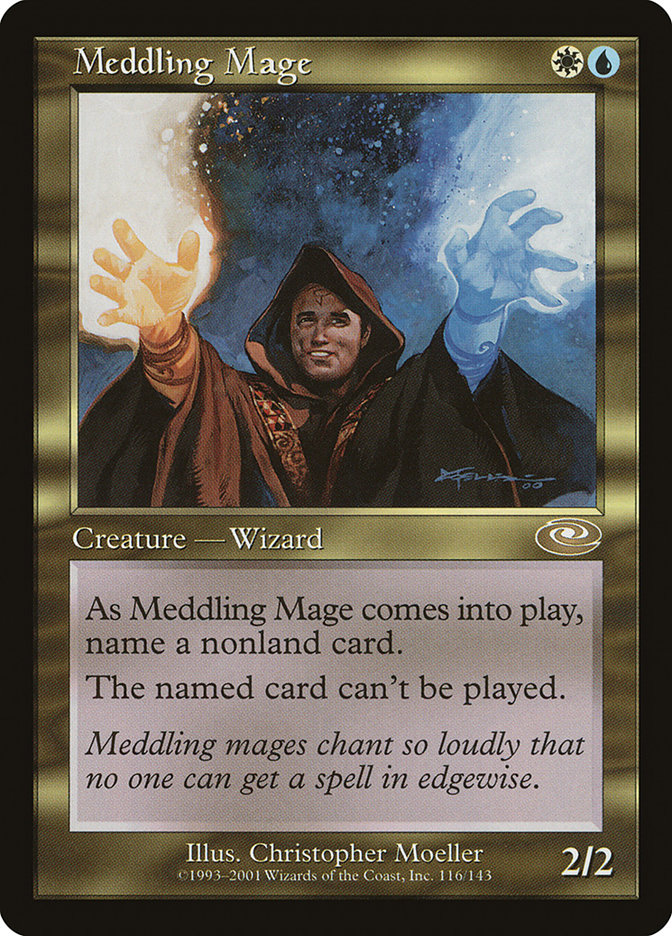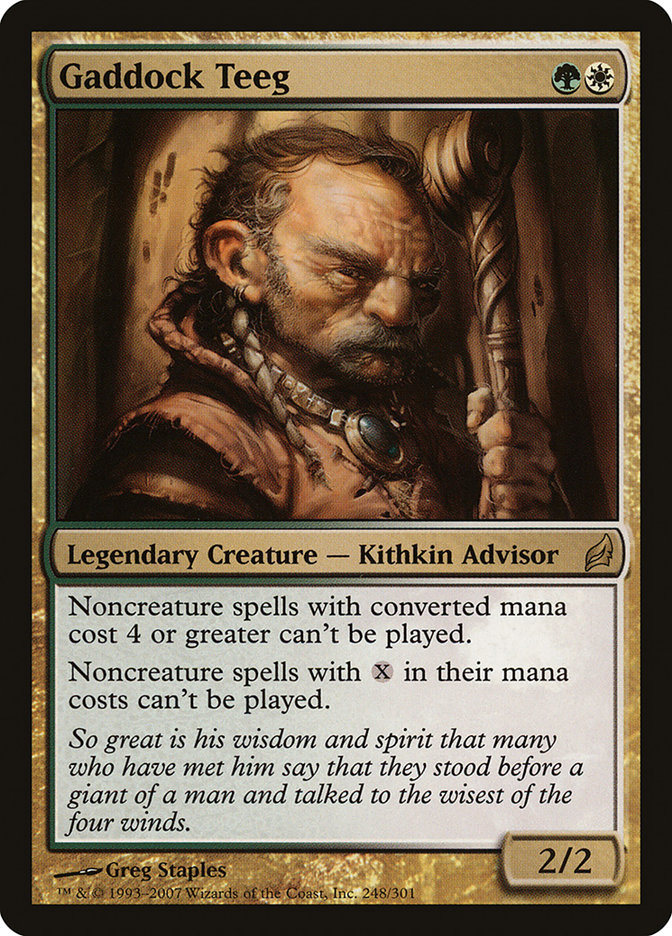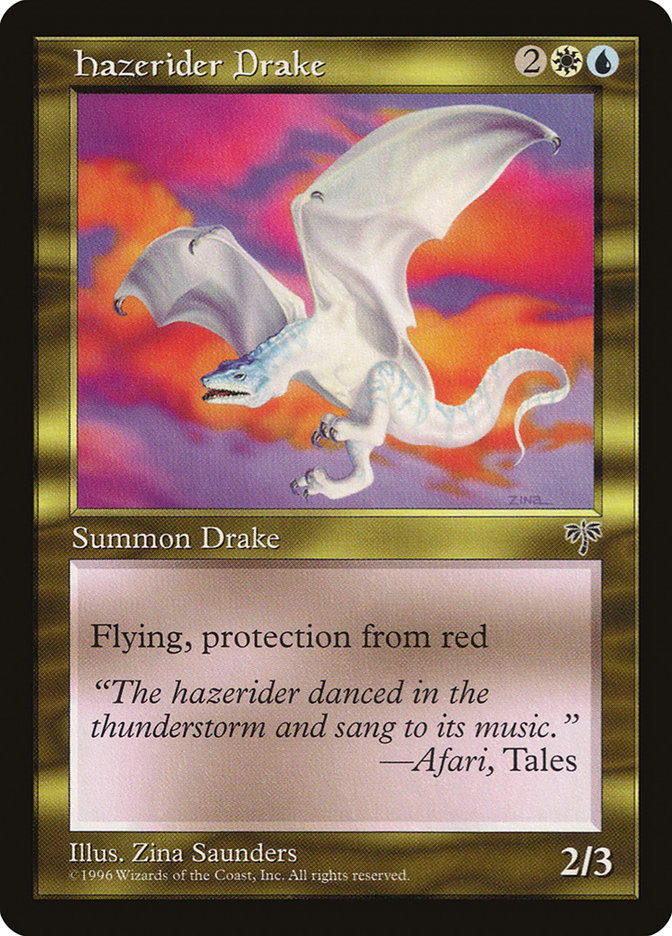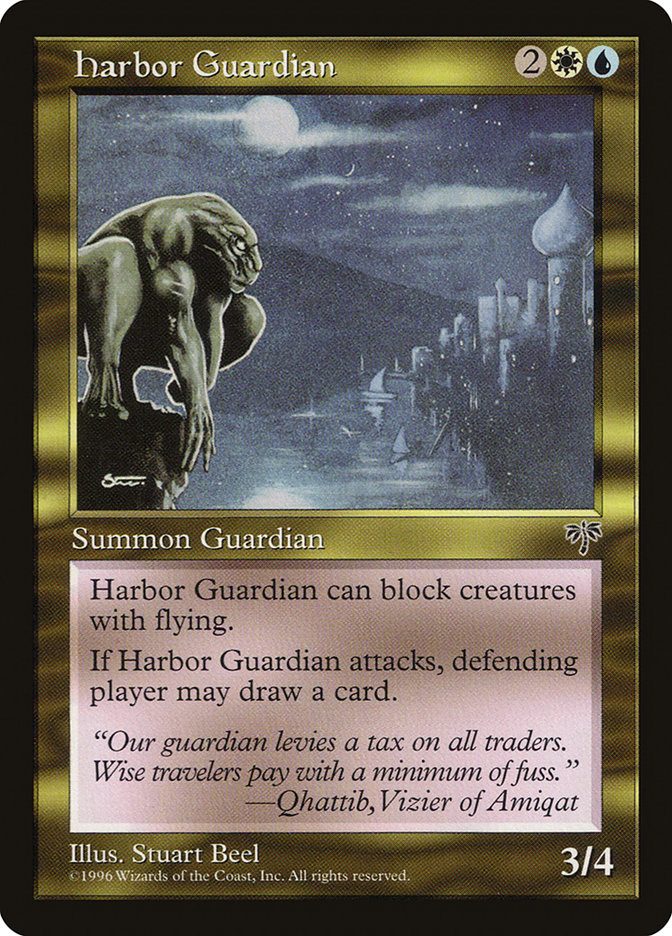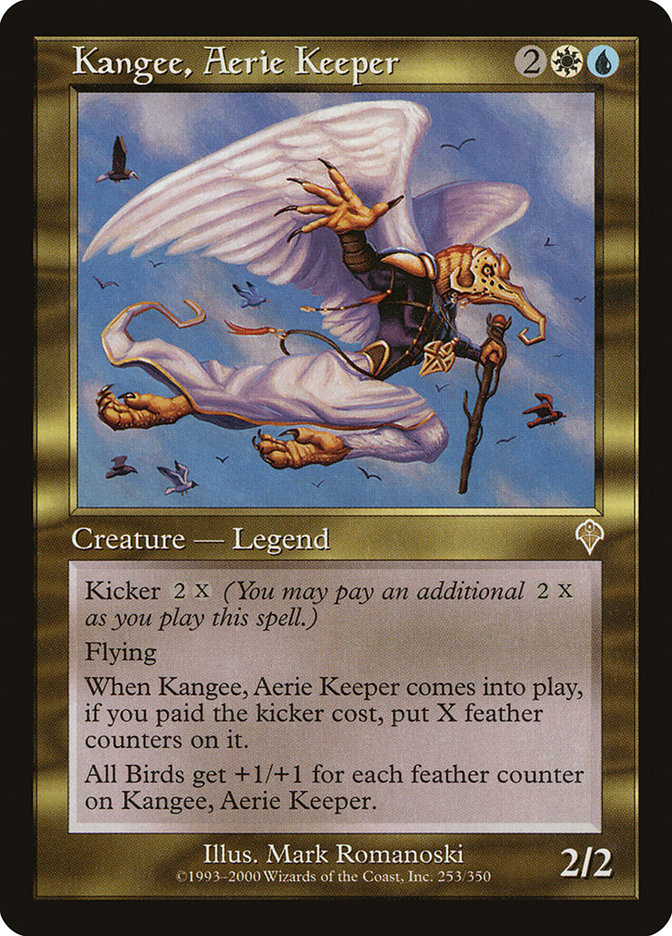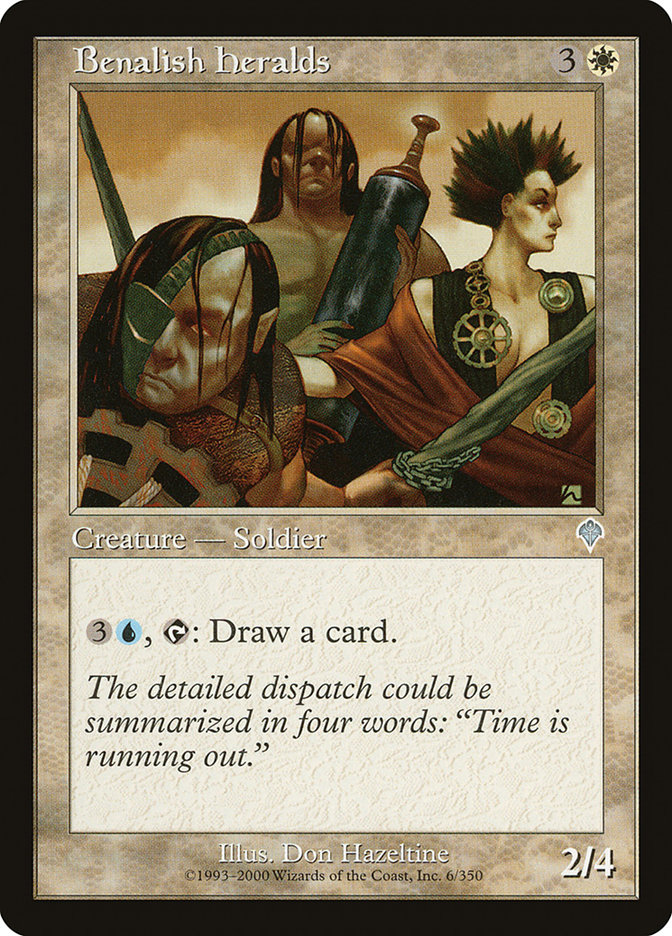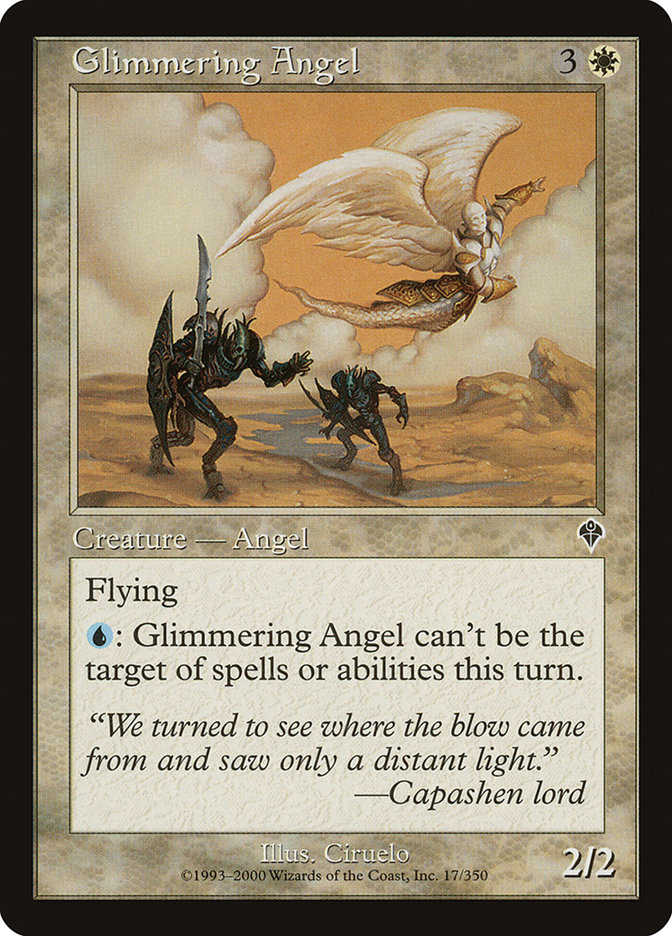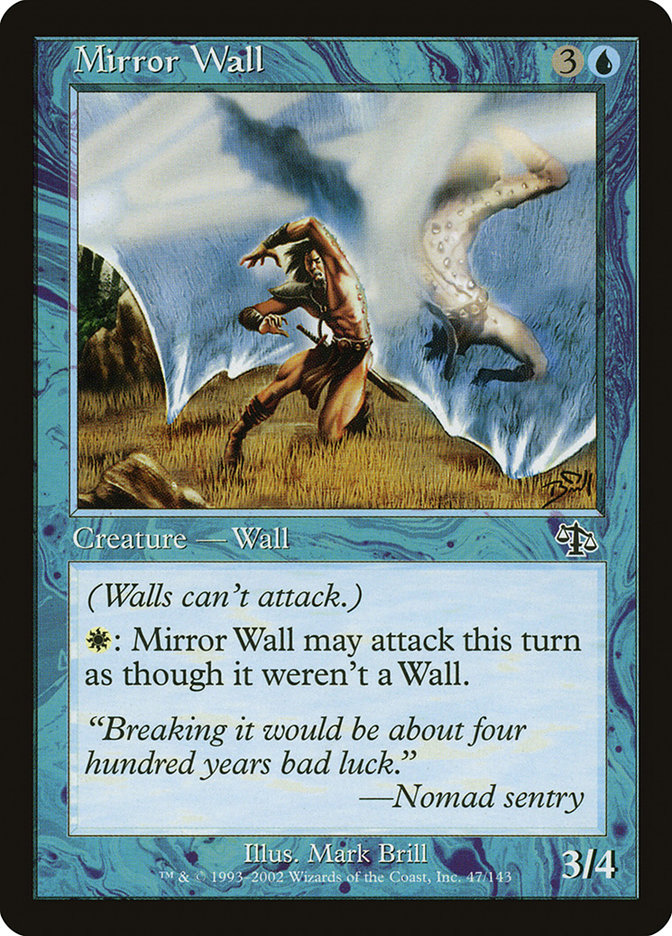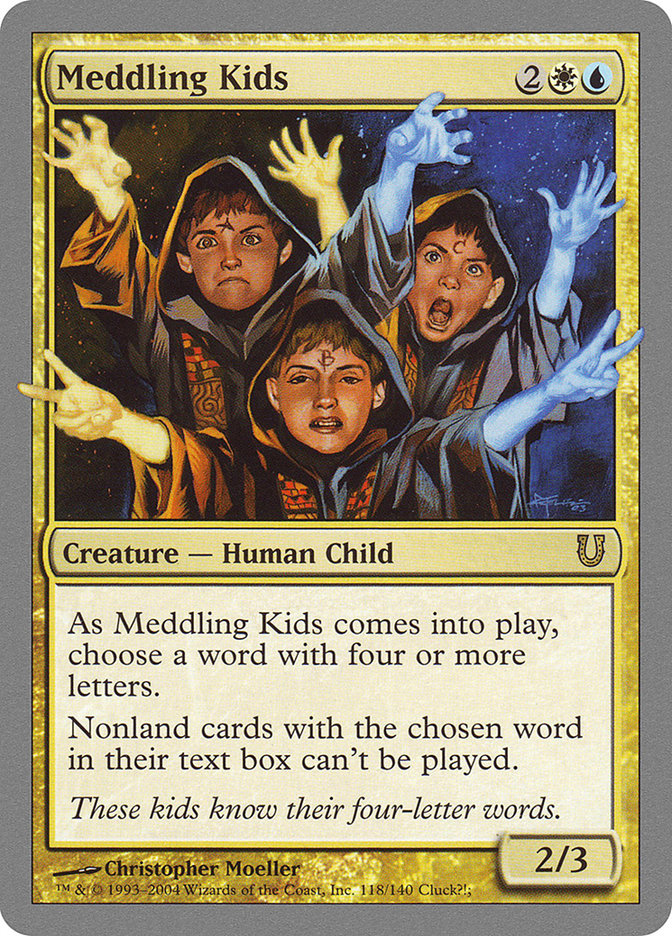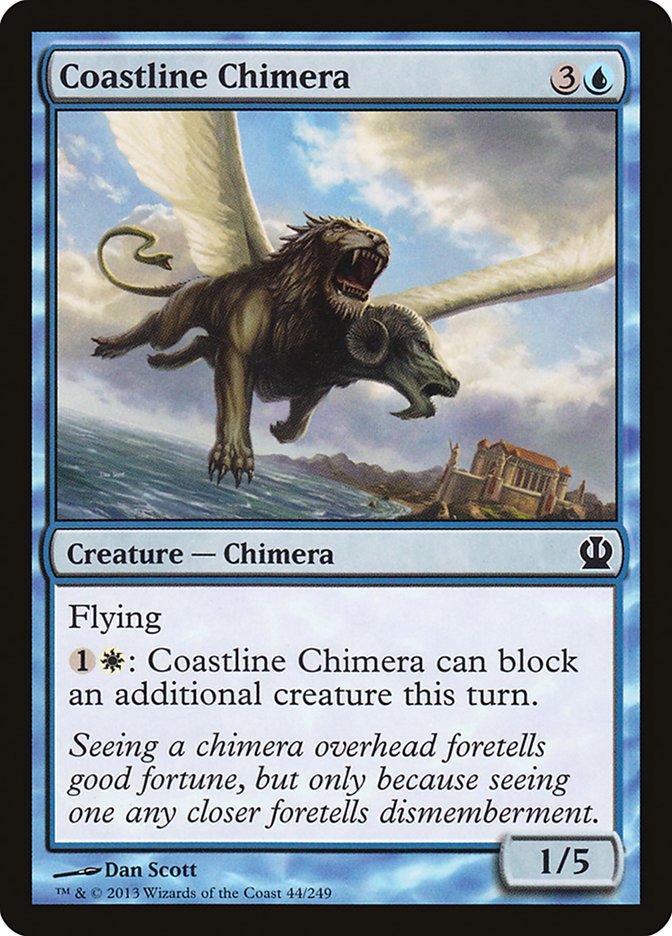Council of the Absolute MTG Card
| Mana cost | |
| Converted mana cost | 4 |
| Rarity | Mythic |
| Type | Creature — Human Advisor |
| Released | 2013-05-03 |
| Set symbol | |
| Set name | Dragon's Maze |
| Set code | DGM |
| Power | 2 |
| Toughness | 4 |
| Number | 62 |
| Frame | 2003 |
| Layout | Normal |
| Border | Black |
| Illustred by | Zoltan Boros |
Text of card
As Council of the Absolute enters the battlefield, name a card other than a creature or land card. Your opponents can't cast cards with the chosen name. Spells with the chosen name you cast cost less to cast.
Cards like Council of the Absolute
When evaluating the strategic nuance of Council of the Absolute in Magic: The Gathering, one might draw parallels to other cards that exert influence over opponents’ strategies. Meddling Mage is a card that shares a kinship with Council of the Absolute, as both entities allow a player to name a card and prevent an opponent from casting spells with that name. However, Council of the Absolute stands out with its ability to additionally reduce the cost of spells that the controller casts with the chosen name, weaving an interesting layer of advantage for the controller.
Gaddock Teeg holds a sphere of influence in a realm similar to that of Council of the Absolute. Although it doesn’t permit the naming of a specific card, it restricts the casting of all spells with hefty mana costs or powerful effect – namely those with “X” in their mana cost or those that are noncreature spells with a converted mana cost of four or above. This umbrella of control can be both a boon and a constraint depending on the matchup.
In essence, while cards like Meddling Mage and Gaddock Teeg offer broad preventative measures against opponent strategies, Council of the Absolute allows MTG players to tailor their controlling impact while potentially accelerating their own game plan, positioning it as a unique tool in the control archetype.
Cards similar to Council of the Absolute by color, type and mana cost
Card Pros
Card Advantage: Council of the Absolute offers strategic foresight by letting you name a card upon entering the battlefield, effectively preventing your opponents from casting that card. This can be a critical advantage in denying key pieces of your opponent’s strategy and maintaining the upper hand in card utility.
Resource Acceleration: Although it doesn’t directly produce mana or tokens, this card can indirectly lead to resource acceleration by safeguarding your position and advancing your game state while disrupting your opponent’s plans. This might allow you to protect your resources and invest them more efficiently over time.
Instant Speed: While the Council of the Absolute itself is not an instant, its ability to dictate the pace of the game creates an environment where you can more safely play instants and other speed-responsive spells. By controlling the spells your opponents can cast, you increase the effectiveness of your instant-speed interactions.
Card Cons
Discard Requirement: Although Council of the Absolute presents an intriguing design to influence your opponent’s spells, its utility comes at a cost. Without a discard trigger, it might seem free of such a disadvantage, yet its real cost can emerge in less direct ways. Playing this card effectively often requires holding onto it, effectively discarding other opportunities to impact the game board or advance your position.
Specific Mana Cost: This mystic creature demands a specialized mana arrangement, needing both white and blue mana to be played. This requirement nudges deck builders towards Azorius schemes and may not mesh well with a broader color strategy. Players looking to include Council of the Absolute in a deck could face limitations due to its strict mana necessities.
Comparatively High Mana Cost: The card presents itself with a casting cost that may appear steep for its initial impact. At four mana—specifically two generic, one white, and one blue—players might ponder the cost-effectiveness of including this particular card over others with more immediate or potent board-presence effects.
Reasons to Include Council of the Absolute in Your Collection
Versatility: Council of the Absolute allows you to declare any nonland card name upon entry, preventing your opponents from casting the named card. This feature offers strategic control options, tailorable to multiple matchups and adaptable to various deck builds.
Combo Potential: By dictating your opponents’ play options, this card opens up opportunities for combo plays. It efficiently complements strategies intended to suppress opponents while setting up your own game-winning conditions without interference.
Meta-Relevance: In a competitive environment, where certain cards or strategies are predominant, Council of the Absolute can be a tactical addition. It disrupts key components of popular decks, making your collection resilient and strategically diverse against the current meta.
How to beat
The Council of the Absolute from the plane of Ravnica is a unique card that allows you to flexibly determine which spell your opponents will struggle to cast. Upon entering the battlefield, this intriguing card invites you to name another card. As long as Council of the Absolute remains on the battlefield, your opponent can’t cast the named card, and the cost of casting the identified card by your hand is reduced. This dual capability can create a tactical advantage by selectively hindering your opponent’s strategy while accelerating your own.
When facing against the Council of the Absolute, versatility in your deck is key. Relying on a diverse array of spells rather than a single, powerful card can circumvent the restrictive ability of the Council. Removal spells that can target and eliminate creatures are essential tools in disarming the Council’s influence over your game. Similarly, counter spells remain a steadfast defense, ready to intercept the Council as it tries to assert its rule on the battlefield. Considering the Council’s weakness against multiple threats, the path to overcoming this card lies in creating a strategy rich with options and swift in responsiveness.
Ultimately, while Council of the Absolute can dictate the flow of the game with its authoritative declaration, a well-constructed deck brimming with adaptable solutions can certainly overturn its decree.
Where to buy
If you're looking to purchase Council of the Absolute MTG card by a specific set like Dragon's Maze, there are several reliable options to consider. One of the primary sources is your local game store, where you can often find booster packs, individual cards, and preconstructed decks from current and some past sets. They often offer the added benefit of a community where you can trade with other players.
For a broader inventory, particularly of older sets, online marketplaces like TCGPlayer, Card Kingdom and Card Market offer extensive selections and allow you to search for cards from specific sets. Larger e-commerce platforms like eBay and Amazon also have listings from various sellers, which can be a good place to look for sealed product and rare finds.
Additionally, Magic’s official site often has a store locator and retailer lists for finding Wizards of the Coast licensed products. Remember to check for authenticity and the condition of the cards when purchasing, especially from individual sellers on larger marketplaces.
Below is a list of some store websites where you can buy the Council of the Absolute and other MTG cards:
 BUY NOW
BUY NOW BurnMana is an official partner of TCGPlayer
- eBay
- Card Kingdom
- Card Market
- Star City Games
- CoolStuffInc
- MTG Mint Card
- Hareruya
- Troll and Toad
- ABU Games
- Card Hoarder Magic Online
- MTGO Traders Magic Online
See MTG Products
Legalities
Magic the Gathering formats where Council of the Absolute has restrictions
| Format | Legality |
|---|---|
| Commander | Legal |
| Legacy | Legal |
| Modern | Legal |
| Oathbreaker | Legal |
| Vintage | Legal |
| Duel | Legal |
| Pioneer | Legal |
| Penny | Legal |
Rules and information
The reference guide for Magic: The Gathering Council of the Absolute card rulings provides official rulings, any errata issued, as well as a record of all the functional modifications that have occurred.
| Date | Text |
|---|---|
| 2013-04-15 | If a spell with the chosen name includes one generic mana in its cost to cast, that cost will be reduced by . |
| 2013-04-15 | If there are additional costs to cast the spell, such as kicker costs, apply those increases before applying cost reductions. |
| 2013-04-15 | If you name half of a split card with fuse, and then you cast both halves, the cost reduction will apply to the total cost of the spell. This is true even if the half with the chosen name requires only colored mana to cast. |
| 2013-04-15 | The last ability can reduce alternative costs such as overload costs. |
| 2013-04-15 | The last ability can’t reduce the colored mana requirement of a spell. |
| 2013-04-15 | You can name either half of a split card, but not both. If you name half of a split card, your opponents can cast the other half. If that split card has fuse, your opponents can’t cast that card as a fused split card. |
